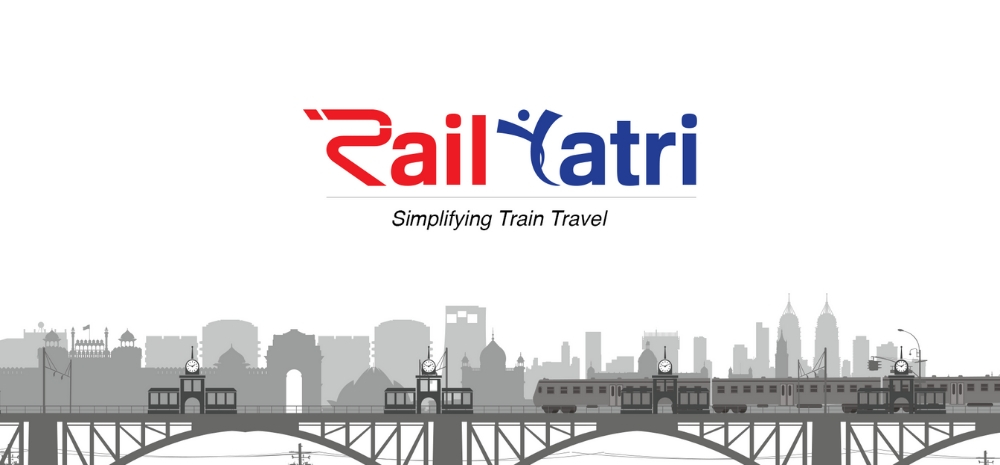Nandan Nilekani Backed RailYatri Derailed By IRCTC; Delhi HC Declares Them ‘Unlicensed’

Hearing on the directive filed against IRCTC on RailYatri’s unauthorized means to usurp IRCTC’s status in 2017 was finally brought a judgment, condemning RailYatri inconspicuous methodologies.
A recent controversial hearing has come from Delhi High Court, where the petition filed by the travel and tourism application, RailYatri, backed by some of the angel investors of India, one of which is the co-founder of Infosys and the former chairman of UIDAI, Nandan Nilekani.
This hearing was in response to the charges exemplified by IRCTC on RailYatri alleging that they have been carrying out illegal and unauthorized procedures to book tickets and meals on trains.
What Does The High Court Have To Say?
Apparently, IRCTC had filed this complaint on RailYatri in 2017 with the Deputy Commissioner of Police, Railways and Crime, the hearing on which was carried out on April 20, 2019.
The Single bench judgment passed by Justice V.Kameshwar Rao stated that the methodology carried forward by the Stelling owned RailYatri.in, of involving the Retail Service Providers (RSPs) in booking train tickets and absorbing the fees in its wallets, went against the lines of authorization as per the guidelines of IRCTC and were condemnable, as RailYatri had no privity of contract with IRCTC.
The Delhi High Court also noted IRCTC counsel’s contention that if such activities are not controlled, huge amounts of public money would be susceptible to being misappropriated. The court said Stelling can carry out its business only by fulfilling the IRCTC’s conditions.
A Magnifying Look Into The Case
It is no secret that IRCTC has the monopoly of providing railway services in a giant like India. This leads us to the fact that when the Indian Railways decided to step in autonomously into digitizing the whole tickets and catering system online, it was facing difficulty in handling such huge daily demands by itself.
So, in order to meet the heavy needs, IRCTC appointed some Principal Service Providers (PSPs) and gave them the authorization of booking tickets through the website.
The PSPs could take help from Retail Service Providers (RSPs) to help with the bookings, all under the guidelines and the wilful eye of IRCTC, to which PSPs and RSPs have to pay a certain amount of fee for integration and management.
The central point of coercion between IRCTC and RainYatra lies here, that RailYatra had been using some of the RSPs appointed by IRCTC in providing ticket and catering booking facilities to customers and charging a fee over them for their own wallets, all of which was without holding a wishful consensus with IRCTC itself.
How Have Both The Parties Acted?
IRCTC has now stripped such RSPs off their access credential authorities to deal any further with them, along with demanding PayTm to suspend their e-payment gateway services.
An IRCTC’s advocate stated that an estimated amount of 6.8 lakh e-tickets are booked through IRCTC’s systems every day with the total amount in circulation being Rs 81.60 crore.
As for RailYatri, one of its senior advocates, working on this case believes that they haven’t done anything wrong. All they are doing is acting as a facilitator between the customers and the RSPs, appointed by IRCTC to book tickets and meals and that officially one doesn’t require anybody’s permission to act as a go-between.
Rail Yatri contended before the High Court that IRCTC’s action was in gross violation of its fundamental rights guaranteed under Article 14, 19(1)(g) and 21 of the Constitution of India. Rail Yatri argued that being a government enterprise, IRCTC had a higher duty cast upon it to not act in an arbitrary manner.
We will keep you updated, as more details come in.

Comments are closed, but trackbacks and pingbacks are open.